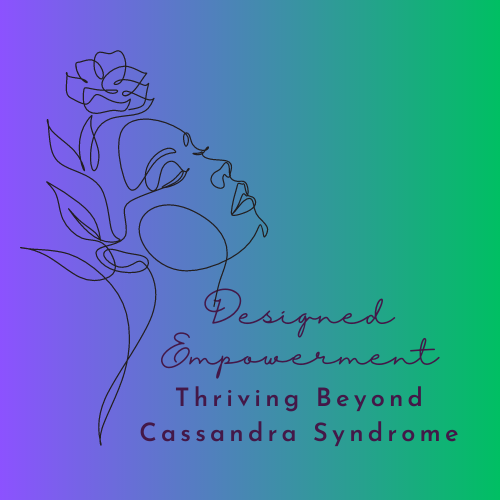Navigating the Silent Struggle: Cassandra Syndrome Symptoms
Over time, the term 'Cassandra Syndrome' has evolved to specifically describe the unique challenges faced by allistic individuals in relationships with autism spectrum partners. Despite possibly having supportive people in their lives who may understand their situation, these individuals often grapple with profound feelings of being unseen, emotionally abandoned, or disregarded by their partners. This dynamic can significantly impact their emotional well-being and sense of connection in the relationship. It's important to recognize that while Cassandra Syndrome captures these specific experiences, it doesn't reflect the experiences of all allistic individuals with autistic partners, underscoring the diversity and complexity of these relationships.
Understanding the symptoms of Cassandra Syndrome is crucial for those asking, "What are Cassandra Syndrome Symptoms?"
Common symptoms include feeling unheard or invisible in your relationship, chronic stress, and emotional exhaustion. You might experience feelings of loneliness, even in the presence of your partner, and find that your concerns and emotions are minimized or dismissed. This can lead to a profound sense of disconnect, not just from your partner but from yourself.
Addressing Cassandra Syndrome involves acknowledging and validating your experiences while also striving for a deep understanding of your partner's neurodiversity. It’s about finding a space where your feelings are heard and understood, and also where you can learn to appreciate the unique perspective your partner brings to the relationship. Moreover, attending to your own well-being and emotional health benefits not just you; it can also positively impact your relationship and the well-being of your partner. By prioritizing mental health and seeking appropriate support, you create a healthier environment for both you and your partner. This approach fosters a more understanding and supportive dynamic, encouraging open communication and mutual respect. Ultimately, nurturing your own emotional resilience while embracing neurodiversity lays the groundwork for a stronger, more connected relationship where both partners feel valued and understood.
In our 8-week group coaching and therapeutic community program, we provide this space. We help you navigate these complex emotions, offering strategies for communication and self-care, ensuring that your voice is not just heard but valued.
